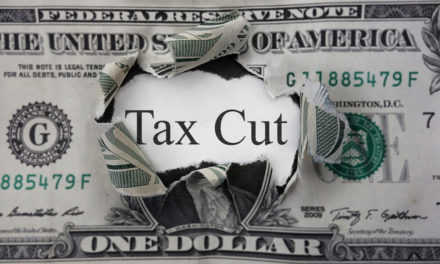Watching the market crash amid the coronavirus outbreak has a lot of people asking, “What should I do with my 401(k) and retirement accounts?”
In short, nothing — if you can manage it.
All three major U.S. stock market indexes entered bear market territory this week, and it looks like the bottom of the market is yet to be found as investors continued to sell throughout the week’s end, though, Friday was a good close to the trading week.
Peeking at your 401(k) right now (which you shouldn’t do often anyway) may give you heart palpitations and tempt you to smash that sell button, but the best thing you can do is hunker down and ride out the storm.
Everyone’s situation is different, and you may be forced to sell under certain circumstances, but it’s important to realize some of the consequences. Here are some reasons selling off your retirement accounts may not be the best idea.
What Should I do With My 401(k)?
You may look at your 401(k) or other retirement accounts and think: How could this get any worse? That’s when it’s most important to realize those losses don’t actually materialize until you choose to sell.
You see a 10% drop and think, “OK this is getting bad.” But then it’s down 15% or 20% only a week later, kicking yourself for not selling earlier so now you’d take an even bigger loss.
While it may feel great to have cash in hand because it doesn’t depreciate as quickly as a stock can crater, it isn’t going to appreciate quickly, either, even in a high-yield savings or money market account. And forget all the nice dividends you may have in your portfolio if you sell. Just remember: They aren’t actually losses until you sell.
No One Can Time the Market
When you sell from your retirement account or 401(k) you create another problem for yourself: figuring out the best time to get back into the market as FOMO, fear of missing out, runs rampant.
Even the best investors struggle with this. It’s almost the opposite situation as to what we talked about above. By the time you’ve decided to get back into the market, you’ve already missed out on a chunk of potential gains.
Let’s take a look at yearly gains and losses for the Dow Jones from 2000 to 2005 as an example, per MSN:
- 2000: – 4.8%
- 2001: -5.5%
- 2002: -15.1%
- 2003: +28%
- 2004: +5.1%
- 2005: 1.5%
After three straight years of losses in the early 2000s, it would’ve been tempting to sell. But doing that would have meant missing out on the massive run back up in 2003. And by the time 2005 rolled around, that same investor’s retirement account may have still been in the red after losing so much earlier.
That same principle applies to investing today, but it’s even harder to time the market in the short-term because of how wild swings can be when times are volatile.
Ride the Market Out if You Can
I know this isn’t the case for everyone, particularly those close to retirement, but try to ride out the market with your 401(k) if you can. The Dow has returned an average of 7.5% over the last 25 years, and that includes some rather rough years (which 2020 may end up being if the current the trend continues).
Remember that last year the Dow gained 25.1% (of course those gains have been nearly wiped over the past month), but it just goes to show that the stock market can do some incredible things if you just wait.
And keep in mind, a 1% gain today is 1% more than you had yesterday.
So what should you do with your 401(k) when times get rough?
Take a deep breath and a step back, take the latest scary headline with a grain of salt and maybe don’t look at your 401(k) for a few months.




